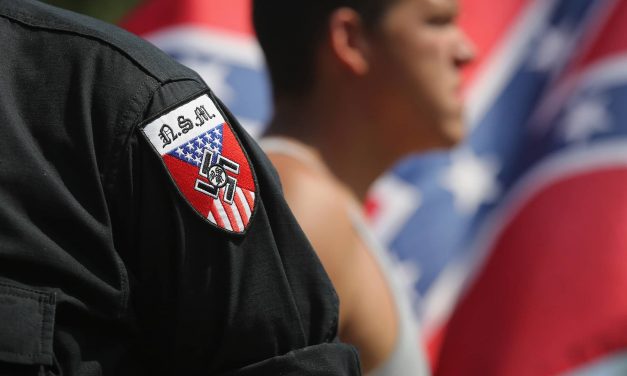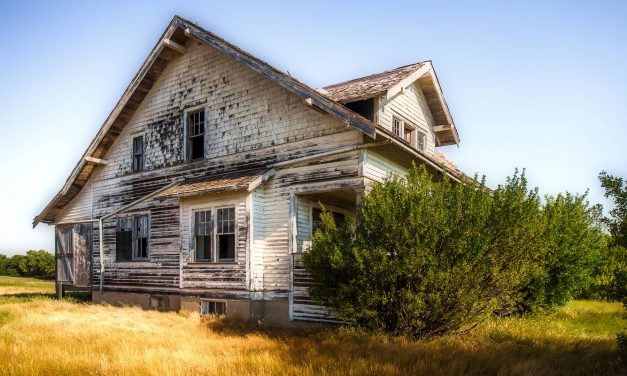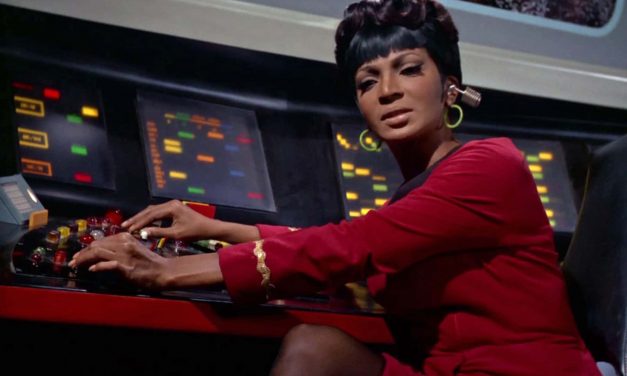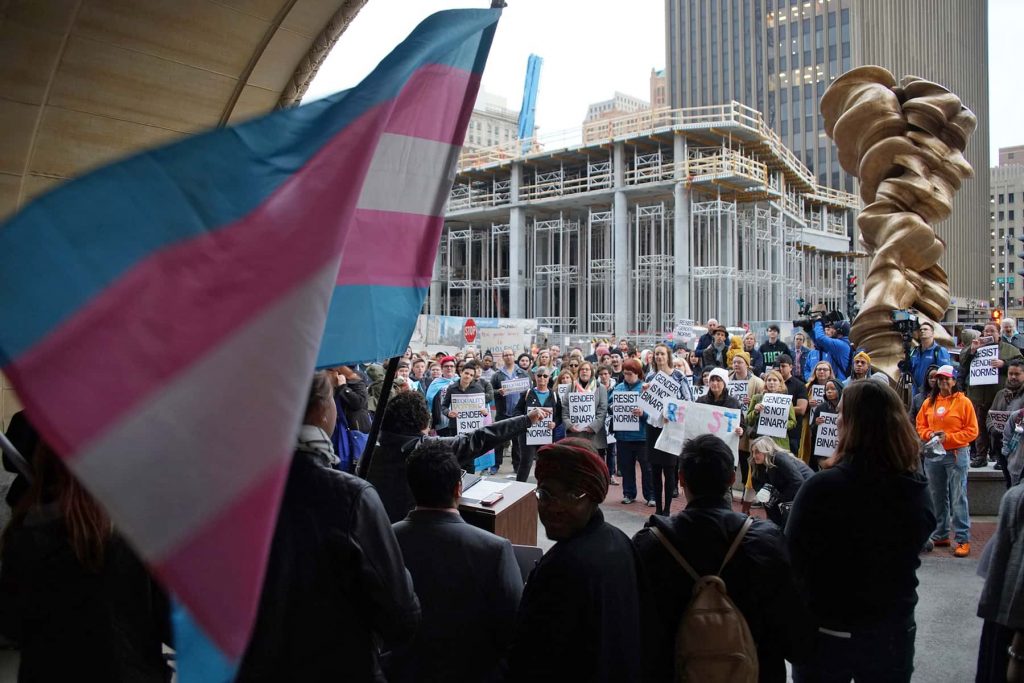The concept of Han: Understanding how the ancestral heart of Korea’s spirit can teach us solidarity
At the heart of the Korean spirit is a concept called “Han.” It is central to Korean-ness in the same way “aloha” is to Hawaiian-ness. Oddly, however, it is rarely mentioned in conversation or in the media. Its English translation is nonexistent. But I will try to describe it, because Han is the resilience of my ancestors, who have endured the unendurable for the past 9,000 years. There may be clues here on how we in the U.S. may also carry on, as we witness, stunned, our political and ecological systems in collapse. Defining Han is indeed elusive. Han...
Read More














